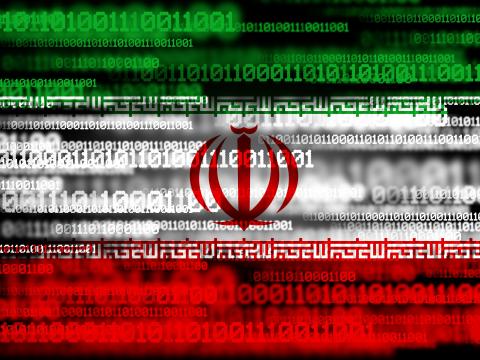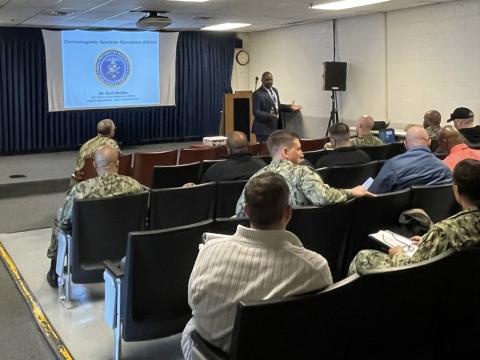Power-Saving Initiative Also Saves Greenbacks
 |
To the delight of Christina B. Morrison, marketing manager, public sector, Personal Systems Group at Hewlett-Packard (HP), the event this year falls on a Friday. She says this is particularly exciting because when people turn off their computers on a Friday, they most likely stay off for the whole weekend. This convenient timing will ensure electronics are powered down for 60 or more hours—saving much more energy than if the event lasted one night as in previous years.
The government is the largest consumer of energy in the
Computer companies Citrix, HP and Intel sponsor the project. This year they are joined by GTSI, which is a reseller and development partner with the other three software and hardware companies. Their goal is to empower individuals to make a difference in conserving energy. David Smith, chief technology officer at Citrix, explains, “It [Power Down IT Day] was really a partnership between HP, Citrix and Intel to promote responsible energy usage.”
The event stimulates overall awareness to create regular, energy-saving habits by revealing how much money can be saved. Morrison points out, “You don’t leave the television on when no one’s watching it.”
Smith proudly notes that the event is growing in participants and savings each year. In 2008, 2,800 people signed up, saving 37,000 kWh of energy. Last year, the numbers rose to 5,600 people pledging their participation and saving 73,333 kWh. The goal this year is to have 6,100 participants, with the possibility of saving 335,500 kWh equaling more than $45,000.
Power Down IT Day not only promotes environmentally and economically friendly ideas, but it also benefits the military; HP, Citrix, Intel and GTSI donate a percentage of the money saved to the Wounded Warrior Project (WWP). WWP provides tangible support for wounded warfighters through counseling, retreats, mentoring, fun events and other services. Tom Simmons, area vice president, public sector at Citrix, felt strongly that the nonprofit organization could demonstrate the benevolent use of the savings that result from the event, representing where money could be better spent if people turned off electronic equipment.
Both Smith and Morrison are hopeful that the event will educate people in how to save energy in their offices, which will eventually translate to their energy habits at home. Morrison describes her own experience telecommuting as “wasting my own money,” and because she paid for the energy her computer consumed, she was more conscious of the impact. “Turning off my printer and monitor helped me change my habits at work and at home.”
Smith points out that the computer companies also are trying to reduce the amount of energy their products consume. Another easy way to save energy, Morrison points out, is to set up energy tools on the computer so it automatically goes into rest mode during lunch.
While the event concentrates on limiting wasteful spending within governmental departments, anyone interested is welcome to join. Participants can sign up online and pledge to save their share of energy. Participants can also follow the buzz on Twitter @powerITdown and on Facebook.



Comments